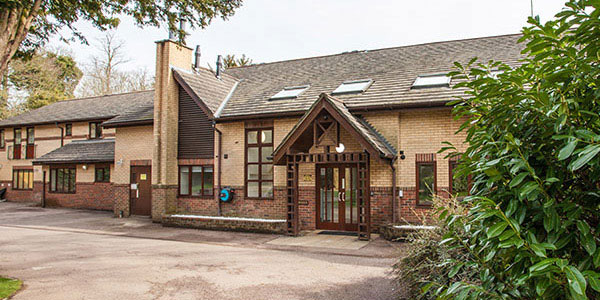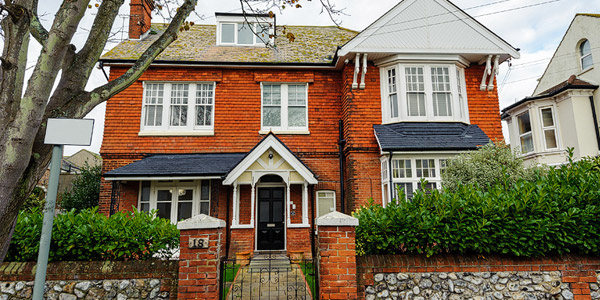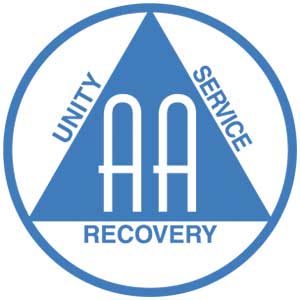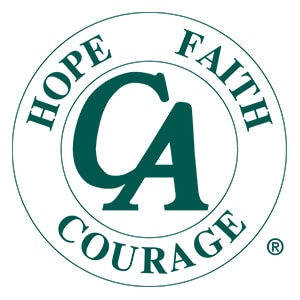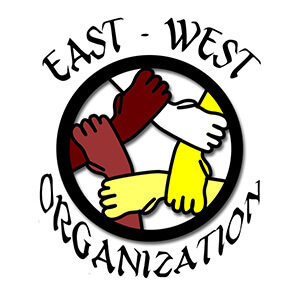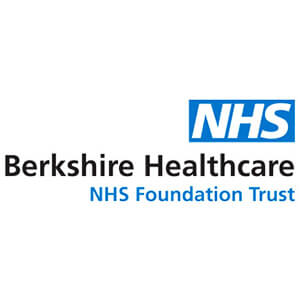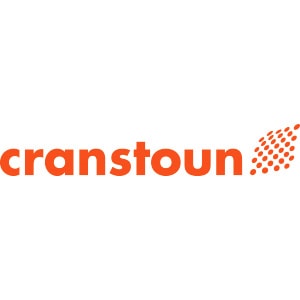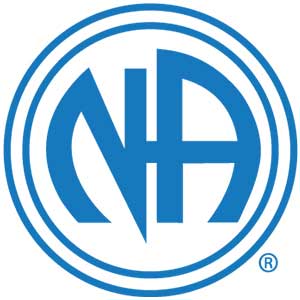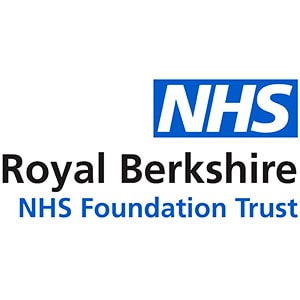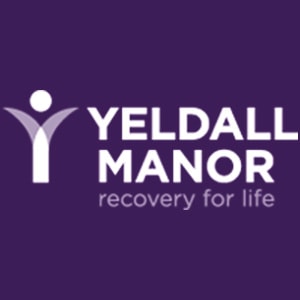Alcohol & Drug Rehab in Reading
Nowhere in the UK is free from the blight of substance abuse and addiction, but popular tourist towns such as Reading are, unfortunately, especially susceptible. Alcoholism and addiction to illegal drugs and prescription medication are a growing problem, causing countless individual tragedies and collective social strife on a grand scale.
However, the picture is not an entirely gloomy one: recent years have seen significant advances in the treatment of addiction and the establishment of a growing number of dedicated treatment facilities. If you or a loved one are struggling with addiction in or near Reading, it is not too late to get help. Read on to discover how rehab can set you back on the path to a happy, healthy, addiction-free life.
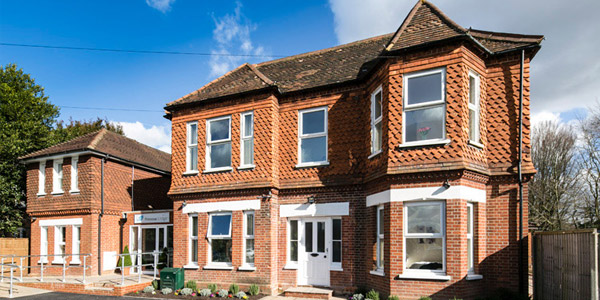
At Primrose Lodge we genuinely care that our patients make a full recovery …
- Private
- Holistic Treatment
- Onsite gym
- Residential
Featured Rehabs
Banbury Lodge is a private UKAT rehab facility based in Banbury, Oxfordshir…
Liberty House Clinic is a fully furbished detox and rehabilitation facility…
The Recovery lighthouse is a 13 bedroom alcohol and drug rehab facility set…
-
- 12 Step
- Group Setting
- Free
- Outpatient
-
- 12 Step
- Group Setting
- Free
- Outpatient
-
- 12 Step
- Group Setting
- Free
- Outpatient
-
East West Organization,
Church House,
59 Church Street, Caversham,
RG4 8AX0 review- 12 Step
- Group Setting
- Free
- Outpatient
-
- Under 18’s
- Group Setting
- Free
- Outpatient
-
- Under 18’s
- Group Setting
- Free
- Outpatient
-
- 12 Step
- Group Setting
- Free
- Outpatient
-
- 12 Step
- Group Setting
- Free
- Outpatient
-
- 12 Step
- Group Setting
- Free
- Outpatient
-
- Christian
- Group Setting
- Free
- Outpatient
- Load More
What is Rehab?

Residential rehab is where addiction treatment is carried out on-site at a dedicated facility usually comprising both a detoxification phrase (often medically assisted) and an extended period of therapy. Rehab provides patients with the opportunity to benefit from the facility’s attractive and peaceful setting, in which they can focus entirely on their recovery, without the temptations of daily life and their usual environment of substance abuse; crucially, rehabs are also confidential facilities, ensuring that patients need not worry that details of their condition may become common knowledge.
As a result of this bilateral approach to treatment – addressing both the immediate problem of physical dependency and the longer-term challenge of psychological addiction – rehab is generally considered to be the most effective means of combating addiction, in terms of its ability to set patients on the path to a permanent recovery.
How can I get Someone into Rehab?
Addiction ruins lives, and the sooner an addict can set out upon the road to recovery, the better – not simply because every day that goes by whilst they struggle with addiction is one more which cannot be spent enjoying all the wonderful things which a drug-free life can offer, but because the consequences of addiction for physical and mental health can be catastrophic, and each day spent feeding an addiction is another day of damage to mind, body and soul.
The quality of NHS addiction treatment services is very high, but unfortunately so is demand for them and waiting times can be extremely long. If you or someone you love are wrestling with addiction, don’t waste any more time: reach out today to discuss some of the private options which may be available to you. Call 0800 024 1455 to speak with an addiction specialist.
The Advantages of Private Rehab
Private rehab is considered the most effective form of treatment for addiction in terms of its ability to produce permanent abstinence on behalf of the addict, thanks to its holistic approach addressing both the immediate challenge of physical dependency (via detox) and the longer-term problem of psychological addiction, which needs to be countered by therapy which can reveal its root causes and provide patients with a range of defence mechanisms against relapse. Treatment which only addresses one aspect (typically physical dependency) of addiction is unlikely to result in a permanent recovery.
Following their detox, patients are then required to engage in various forms of therapy – both one-to-one and group – with the aim of discovering the root causes of their addiction and developing the defence mechanisms necessary to safeguard against relapse; they will also benefit from bespoke dietary and fitness plans and from an array of other resources available on site. At the end of a stay in any quality rehab, patients will receive free aftercare for up to a year: recovery is not complete the moment a patient walks out of the facility, but is an ongoing process with numerous pitfalls which rehab can continue to help the recovering addict navigate around.
What Does Rehab Cost Near Reading?
The cost of private rehab in or near Reading can vary significantly by treatment programme, and depending on which of a variety of optional extras are selected. As a rough guide, standard costs range from between £5,500 and £11,000 per month, though the cheapest rehab treatment can start from as little as £834 per week. For more details, call 0800 804 4755.
NHS Addiction Treatment Options Near Reading
There are several reasons why private rehab may not be for you. Whether it’s the cost or the amount of time you’re required to be away from work and family, do not despair: various NHS and charity resources can be found in Reading and across Berkshire which can help you combat your addiction. Consult your GP about which of these resources may be available to you and would be most appropriate for your specific situation.
Advantages of NHS Treatment
One of the main advantages of NHS treatment is that there is no cost attached to it, unlike private rehab. However, although this is initially off-putting to some, when weighing up the cost – financial and otherwise, this investment may be comparatively minor. All NHS options are free at the point of use. They are also very accessible geographically in that the NHS operates in every corner of the country (though waiting times vary and may be substantial). Furthermore, the NHS offers a high standard of service – though quality does vary by location.
Addiction Support Groups
A number of organisations exist across the country to provide assistance to recovering addicts, and some of these operate a support group model. Support groups are groups of individuals who are themselves recovering addicts – some only recently free from addiction, while others may have been clean for many years – and who come together at regular meetings to give and take mutual support: sharing their stories of addiction, giving advice on how to resist relapse, showing solidarity and sympathy when group members are struggling, and providing the simple companionship which can mean so much in times of difficulty and loneliness. Support group attendees can come from all walks of life, brought together by their shared experience of addiction and recovery; typically, attendance at support groups is free and the only qualification for participation is a commitment to leading a life free of substance abuse.
The most famous support group organisation, and the one on which most others are modelled, is Alcoholics Anonymous (AA) which was founded in 1935 and runs on a 12-step programme of personal and spiritual development, with one of the steps being a recognition that a higher power – such as God – can assist with an alcoholic’s recovery. Narcotics Anonymous (NA), founded in 1953 and based directly upon the AA model, is the second-largest support group organisation worldwide and caters to recovering drug addicts specifically. In a similar vein, but supporting those recovering from addictions to specific substances, are Cocaine Anonymous (CA), Heroin Anonymous (HA), Marijuana Anonymous (MA) and Crystal Meth Anonymous (CMA), all of which operate 12-step programmes. There are also support groups such as Al-Anon and Nar-Anon assisting the families and friends of addicts which typically hold meetings alongside those for the addicts themselves.
Support groups typically meet weekly, though each local chapter is managed independently and meeting times and venues are subject to change. To find information on meetings in or near Reading, see the relevant websites:
Alcoholics Anonymous
, Narcotics Anonymous; Cocaine Anonymous; Heroin Anonymous; Marijuana Anonymous; Crystal Meth Anonymous.
Types Of Counselling

One form of assistance for recovering addicts which is especially beneficial for those with extremely busy schedules is individual counselling – which can be engaged in either following attendance at rehab or other treatment as a supplementary aid to recovery, or potentially as a means of managing an addiction prior to engagement in a full treatment programme.
Private addiction counsellors operate very much like regular psychotherapists, though with an obvious emphasis on tackling the causes and consequences of addiction. Private counsellors offering a wide variety of different approaches to therapy can be found across the country; they can be seen by private appointment on an ongoing basis – usually weekly – and typically charge a fee per appointment. Some counsellors make themselves available for emergency access while others limit access to working hours.
How to Get to Primrose Lodge from Reading
Primrose Lodge is a unique rehab clinic located in the historic town of Guildford, Surrey. Boasting a private gymnasium, purpose-built treatment rooms and en suite bedrooms, this attractive, spacious building is the perfect getaway for those battling addiction, while Primrose Lodge’s highly experienced staff are on hand 24/7 to ensure patients’ safety and comfort. Integrated treatment programmes designed to address the root causes of addiction are provided in a tranquil and confidential environment in which patients can focus wholly upon their recovery.
To get to Worplesdon from Reading, take the A329 to the A4, and then merge back onto the A329. Remain on that road until the A322, and follow that road until arriving in Worplesdon.
Primrose Lodge
Perry Hill
Worplesdon
Guildford
Surrey
GU3 3RY


